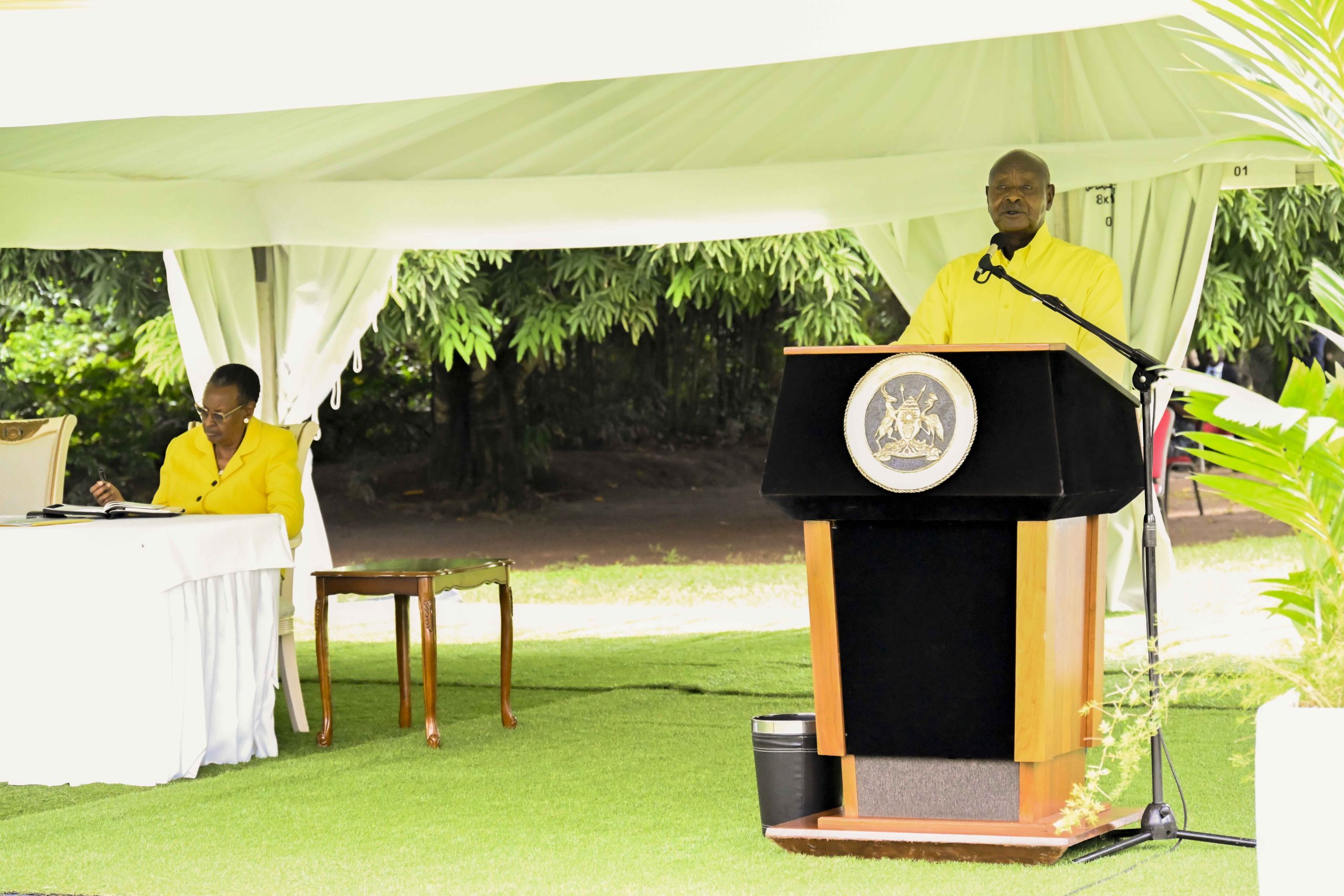In 2018, Uganda introduced a tax on social media. It was known as the “social media tax.” This tax, also called “over-the-top” (OTT) tax, was scrapped in June 2021. However, Airtel and the Uganda Revenue Authority (URA) are still in a disagreement about the payments made by social media users through Airtel between July 2019 and June 2021.
Airtel has rejected a claim by the Uganda Revenue Authority (URA). The URA said Airtel had not reported the correct amount of over-the-top (OTT) tax paid by social media users from July 2019 to June 2021.
In a statement in the Airtel Prospectus, the telecom company said it disagreed with the URA’s audit. The audit found that Airtel owed Shs17.6 billion, with a shortfall of Shs88.2 million during that period.
Airtel stated that it raised objections to the URA’s assessment. However, URA maintained its decision to assess the tax, leading to an appeal to the Tax Appeals Tribunal on August 10. Airtel claimed that URA overlooked important details brought to its attention during the audit.
One of the issues Airtel raised was that URA failed to distinguish between attempted accesses and successful accesses. They also criticized the audit methodology used by URA, which did not follow accepted validation standards. Airtel pointed out that URA miscalculated unique accesses by using calendar days instead of 24-hour periods.
Airtel’s disclosure, which is a central part of its recent initial public offering, mentioned that the telecom secured an interim order to halt the enforcement of URA’s assessment. This happened after Airtel paid the mandatory 30 percent of the disputed tax. According to the law, taxpayers challenging a tax assessment must deposit 30 percent of the disputed amount before the Tax Appeals Tribunal.
URA declined to comment on the matter, citing subjudice rules.
The OTT tax, which caused significant controversy, was removed in June 2021 due to poor performance and its negative impact on communication and inclusion. However, the government later introduced a 12 percent tax on internet data.
OTT, initially known as social media tax, was introduced in 2018 despite criticism from internet users and other stakeholders. Several government agencies, including URA, had recommended dropping the tax because it failed to meet its collection targets. Many people used virtual private networks (VPNs) to bypass the tax, which President Museveni had claimed would reduce rumors among Ugandans.
During its first year of implementation, URA reported that the tax significantly underperformed, collecting only Shs49.5 billion out of the targeted Shs284 billion in the 2018/2019 financial year. This represented an 83 percent shortfall.




















